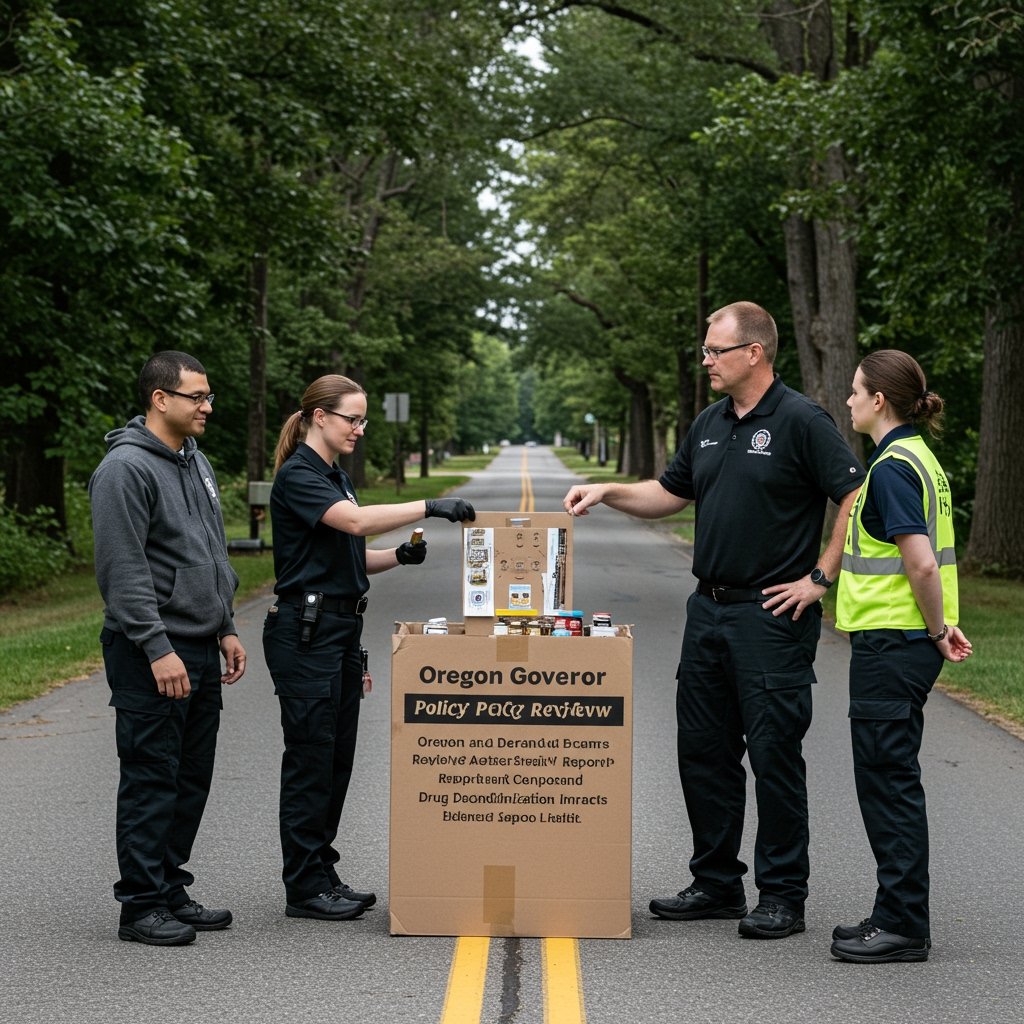Oregon finds itself at a critical juncture, grappling with a federal request for sensitive data concerning low-income state healthcare patients, including their immigration status. The core of the issue lies with a demand from the Center for Medicaid and Medicare Services (CMS) for this information, sparking significant concerns that it could be leveraged for immigration enforcement purposes.
OHA’s Careful Consideration of Federal Data Demand
Amy Bacher, a spokesperson for the Oregon Health Authority (OHA), acknowledged the precarious position the agency is in. “The authority is carefully considering how to respond,” Bacher stated, adding that OHA is actively reviewing “all legal and policy options to try to prevent its misuse.” This cautious approach underscores the potential ramifications of complying with the CMS request.
Legal Challenges Against Data Sharing
Oregon is actively participating in a lawsuit designed to block CMS from sharing protected Medicaid information with the Department of Homeland Security. A central tenet of this legal action is to prevent the use of such data for immigration enforcement activities. The implications of this data sharing are far-reaching, potentially impacting vulnerable populations who rely on healthcare services.
Unveiling Immigration Enforcement Tactics
Reports from the Associated Press have revealed that Immigration and Customs Enforcement (ICE) officials are slated to gain access to Medicaid enrollee data. The explicit purpose of this access is to identify immigrants who may not be residing legally within the United States. This development amplifies anxieties about how federal agencies might utilize health data.
Ethical Quandaries in Healthcare Access
The situation raises profound ethical questions about the intersection of healthcare access and immigration policy. The editorial prompts a critical examination of a system where individuals seeking essential medical care could subsequently face the threat of deportation. This conflict highlights a deep-seated tension between providing public health services and upholding immigration laws, leaving many to question the moral compass of such a system.




